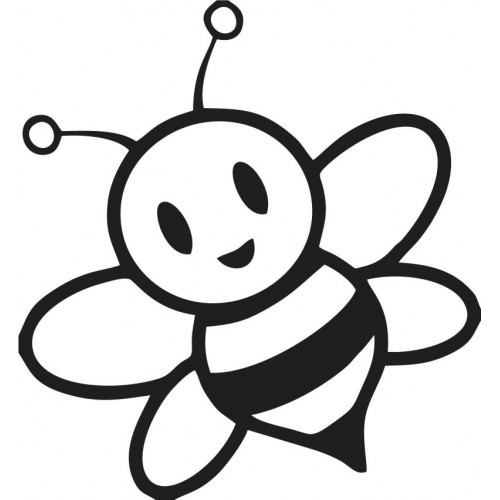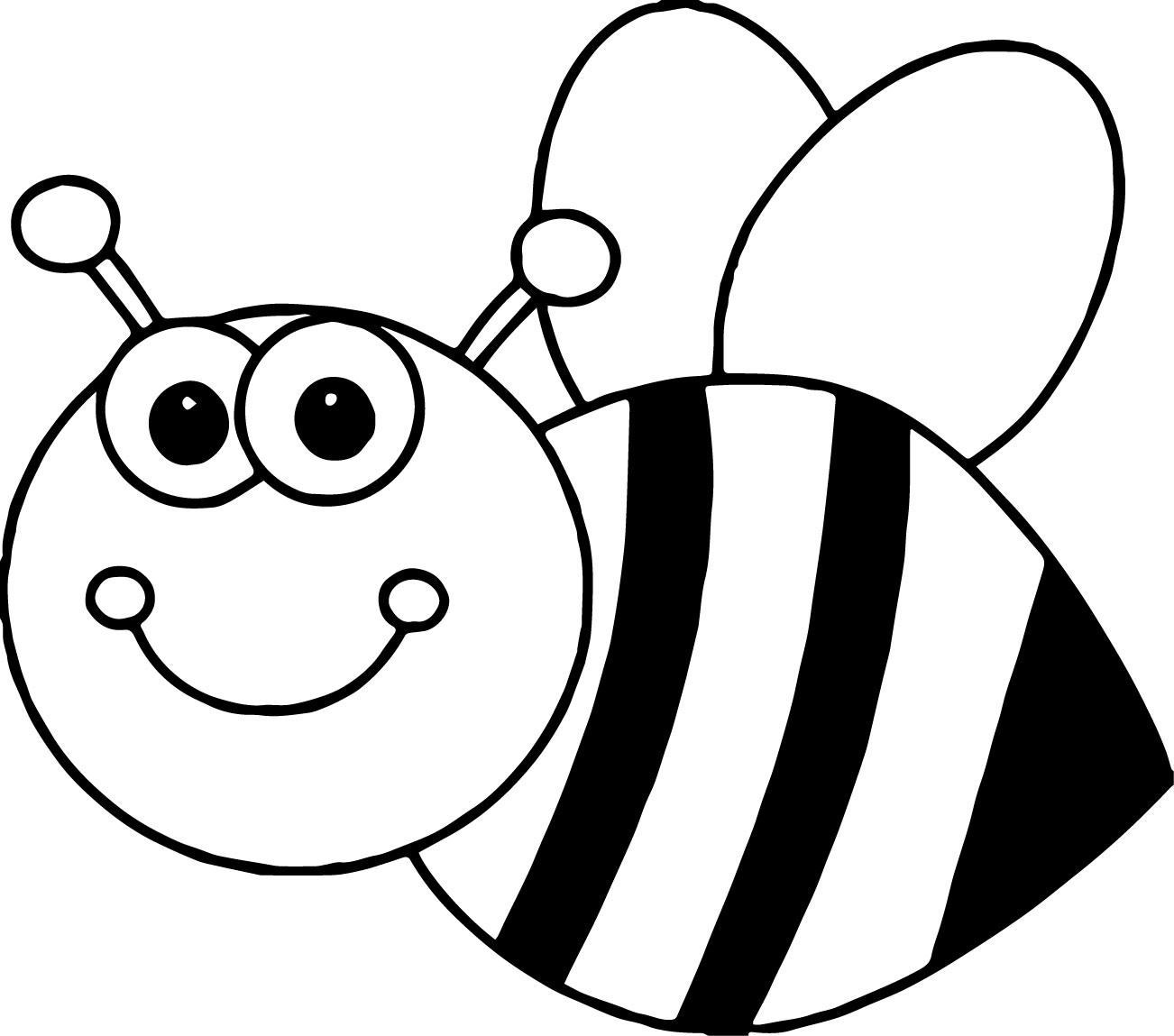
Beekeepers consider all coreopsis species to be good honey sources. To bring pollinator awareness to family home gardens, each child was given a pot, soil, and three different flowers-yellow coreopsis, red salvia, and blue lithodora-to create a miniature pollinator garden to tote home. Pollinator decline is a serious environmental issue, and gardeners and farmers across the globe are discovering it firsthand. Pollination, once taken for granted by everyone, can no longer be expected. The USDA considers commercial honeybees to be livestock due to their crucial role in food production. almond trees in California and blueberries, apples, cucumbers, and watermelon in Georgia. Bees are hairy insects and their hairiness makes them effective pollinators.īeekeepers transport colonies of honeybees across the country for agriculture, e.g. Bees, the most important group of pollinators, deliberately gather pollen to bring back to their nests for their offspring. Pollinators don’t intentionally gather pollen to promote plant reproduction.

Parents and children planted miniature container pollinator gardens to tote home. Put another way, one-third of pollination is done by one species of bee, the non-native European honeybee which came to North America via European colonists in the 1600s.

“Why do we need bees?” Children responded-“for honey,” “flowers,” and “food.” One in every three bites of food humans eat comes from plants pollinated by honeybees. Mancke asked audience children, “ What is your favorite pollinator?” She used their answers to outline and illustrate the role of bees (native and non-native), wasps, butterflies, skippers, moths, flies, beetles, mosquitoes, and hummingbirds in pollinating plants. Jennifer Mancke, Green Steps School mentor with the Richland County Soil and Water Conservation District, presented a program entitled Three for the Bees on the vital role of pollinators to the human and wildlife food supply of fruits, flowers, vegetables, and seeds. Columbia Green hosted an educational event Saturday, March 25 at the Pollinator Garden in the Marvin Heller Community Garden in the Lyon Street neighborhood off Gervais Street.


 0 kommentar(er)
0 kommentar(er)
